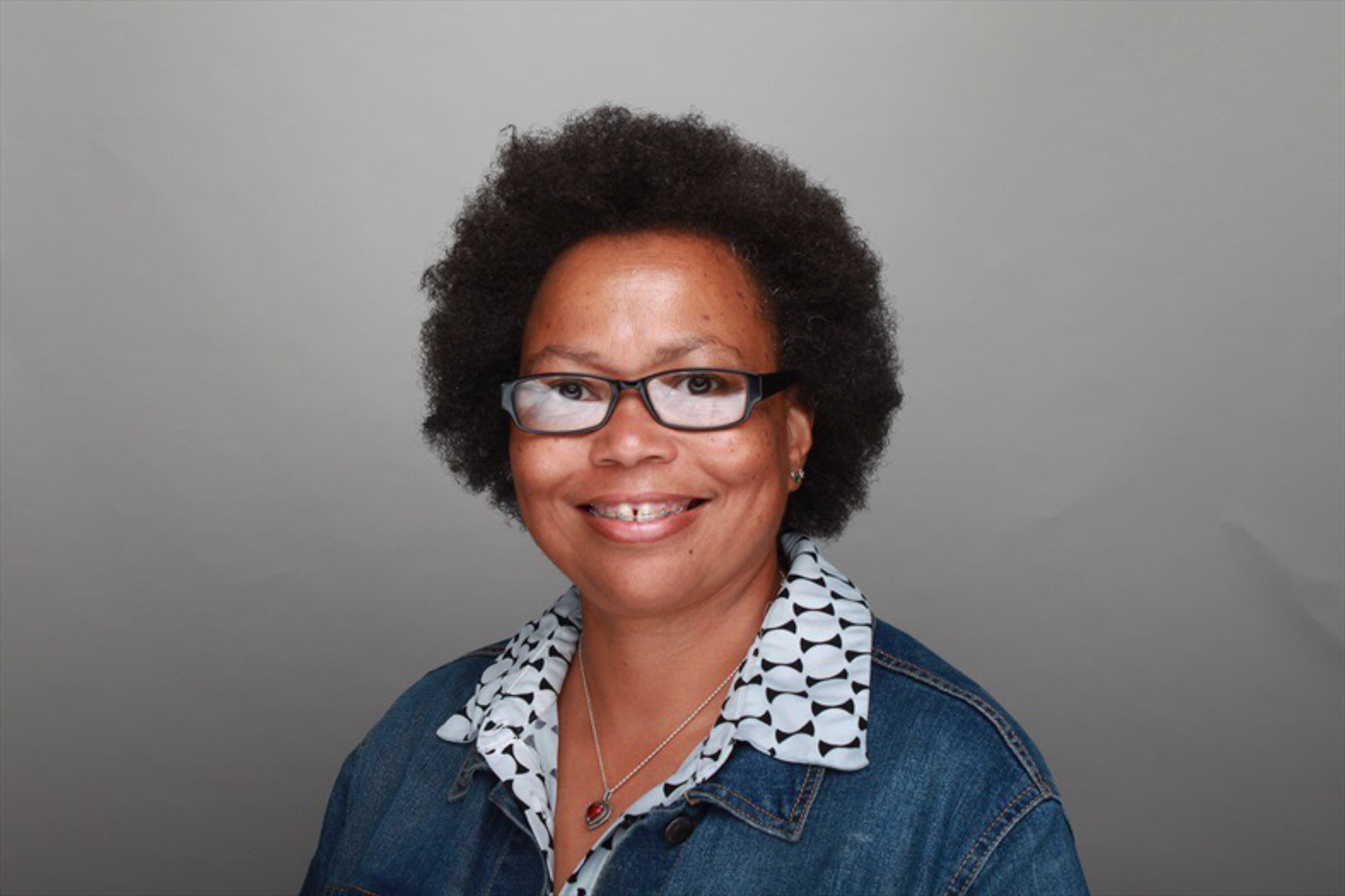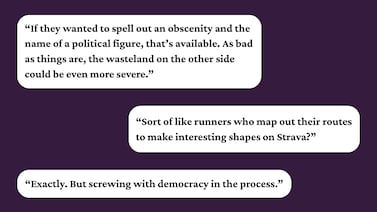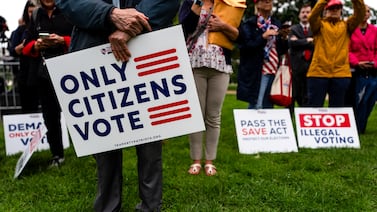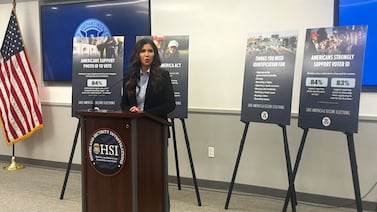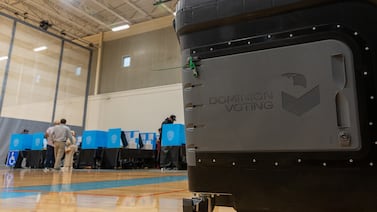The most exciting thing about working at Votebeat is looking at the political process from another angle. For most of the last 30 years, I’ve looked at elections from the candidate’s end, meaning that I’ve seen all of the pomp, circumstance, and politics involved with running for office. I also hit my limit of hearing Fleetwood Mac’s “Don’t Stop” during the Clinton campaigns.
Peeking inside the election system — to see the good and the bad of how the process actually works and what it means for voters — has proven interesting so far. From understanding how the right to vote, and who has it, has changed over time, to understanding the technology behind voting machines, I came into this job with a pretty extensive learning curve.
I enjoy being able to use journalism as a means to pass on accurate information. The outrageous lies about voting systems over the last two election cycles have made our elections seem like a cartoonish farce. Democracy depends on clearing out the clutter and helping people understand that this isn’t the case.
But probably the biggest reason that I’m glad to be working with Votebeat is because this gives me a chance to help Pennsylvanians in general, and communities of color in particular, understand that their vote does count.
Here’s what I mean by that.
In 1965, President Lyndon Johnson signed the Voting Rights Act into law.
Under this act, election officials in the South could no longer keep Black people from voting through poll taxes, literacy tests, or, and this is my favorite, by penalizing them for not knowing how many marbles or jelly beans were in a jar.
While that wasn’t big news to me at the time — I was a year old, and the only things that tend to be a big deal for 1-year-olds are toys and animal crackers — it was a big deal for my parents.
You see, Dad was in the military. He and Mom moved from their native Kentucky to New Jersey shortly before my twin brother and I were born. While he didn’t talk much about the racism and other issues he and Mom faced as Black people in the South, he took his right to vote very seriously. He also made sure that we took it seriously too. When we turned 18, he made sure we were registered to vote and that we made it to the polls to make our voices heard.
When I covered the 2016 and 2020 presidential campaigns, I interviewed people who gave me reasons for not participating in the electoral process that had no basis in fact. There was the man who called into a radio show I was guest-hosting on Philadelphia’s WURD who had been told that his felony conviction meant he could never again exercise his right to vote. I explained to him that if he was done serving time, he could make his voice heard in Pennsylvania. I had to reassure another man on the same show that the police would not be waiting to arrest him for an unpaid traffic ticket when he came to the polls to vote.
When I explained why what they had heard wasn’t true, I’d sometimes get through.
But sometimes, I wouldn’t. And that would break my heart because I felt that by not helping this person who misunderstood their voting rights, I’d let my community down. I didn’t communicate well enough.
I’m hoping that the journalism I contribute to Votebeat will help Pennsylvanians understand the systems that help them speak through their ballots.
Or at the very least, I hope to make my father proud.
Denise Clay-Murray is a reporter for Votebeat Pennsylvania based in Wilmington, Delaware. Contact Denise at dclay-murray@votebeat.org.

